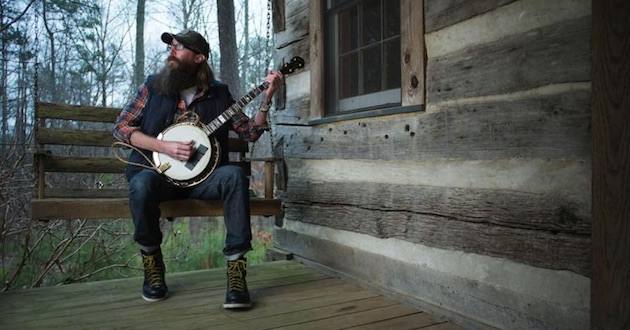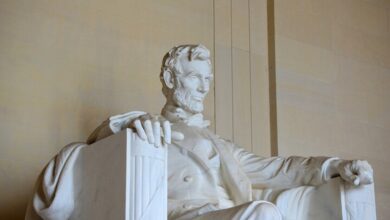David Crowder not your typical Christian musician

Over the course of a career that includes 16 years fronting the David Crowder Band and now two albums as a solo artist (released under the name Crowder), David Crowder has gained a reputation as one of the more musically adventurous artists within the Christian music scene.
“I don’t know,” Crowder said in a recent phone interview. “I mean, I listen to music every day that sounds way more adventurous than anything I’d go for. I feel like what I’m doing is pretty down the pop line of things.”
Local music fans can judge for themselves when he comes to play the Kern County Fair on Sept. 26.
Perhaps in the context of the overall music scene, Crowder may not push the envelope as much as some artists. But he will allow that he might seem more bold and progressive within the Christian music scene because the realities of the genre don’t encourage musical risk taking.
“People within our genre, since it’s a smaller, I guess it’s a smaller pool of consumers,” Crowder explained. “You don’t have the ability to be as adventurous because you’re trying to, I do feel like the intent of the labels that are servicing the (Christian) consumer, their intent is to legitimately serve the church at large. They want to provide something that is sustaining spiritually for them. So they’ve got to really narrow down what their consumer is.”
That’s not the case in the overall music scene, Crowder said. It has room for artists that break stylistic ground and push various styles of music forward. What makes Crowder unusual is his music has grown fairly bold while remaining accessible.
The David Crowder Band saw its final four albums top “Billboard” magazine’s Christian album chart (with the group’s last album, 2012’s “Give Us Rest,” also reaching No. 2 on “Billboard’s” all-genre Top 200 album chart).
Now, both his 2014 solo debut, “Neon Steeple,” and his current solo album, “American Prodigal,” have topped the “Billboard” magazine’s Christian album chart and also debuted in the top 15 of the Top 200 album chart.
Those two albums connected even though there’s more happening within Crowder’s solo work than may meet the eye of the typical music fan. In a nutshell, Crowder is seeking to bring together and blur the lines between what are commonly considered some white and black music forms, as well as traditional and modern sounds.
“I wanted to put bluegrass and EDM in one place at the same time (on ‘Neon Steeple’),” he said. “Then this one, I wanted to keep that lineage going.”
He elaborated on the contrasts between the two albums.
“I’ve twisted the very white bluegrass and EDM scene into a much more urban (context on ‘American Prodigal’),” Crowder said. “The lyric content, the way the lyrics were structured on ‘Neon Steeple’ was very Southern gospel. This (the ‘Prodigal American’ album) is very slave/spiritual/black gospel church. It’s just a very slight twist of the dial. If you don’t pay attention, it’s almost the same. It’s all foot and hand music, so stomp, clap, but there’s a different tonality to this. It’s in the music. It’s a little more raw. It’s not electronic driven. The other one (‘Neon Steeple’) was electronic driven … This one is samples. The beat stuff that you’re hearing (on ‘American Prodigal’) is all sampled stuff. It was organic. It’s more, that’s an urban nod to a hip-hop/R&B-type approach to music rather than the more electro side of things.”
This collision of old and modern music is readily apparent on “American Prodigal.” On songs like “Prove It,” “Keep Me” and “All Your Burdens,” Crowder pits banjo against stomping beats and other modern instrumental textures. “Run Devil Run” mixes acoustic slide guitar and fuzzy electric tones to a similar effect. These uptempo songs sit alongside a healthy number of epic ballads like “My Victory,” “Forgiven” and “Back To The Garden” that aren’t quite so adventurous sonically, but give “American Prodigal” a nice balance.
Crowder has been showcasing songs from “American Prodigal” on headlining tour this summer.
“We’ll (often) do ‘How He Loves,’ which is from the David Crowder Band era,” he said. “Everything else is from the two solo records. And then we do, I’m trying to think, we usually throw a cover in. I guess night to night we might have one, but sometimes I go off script.”
–From Bakersfield.co








